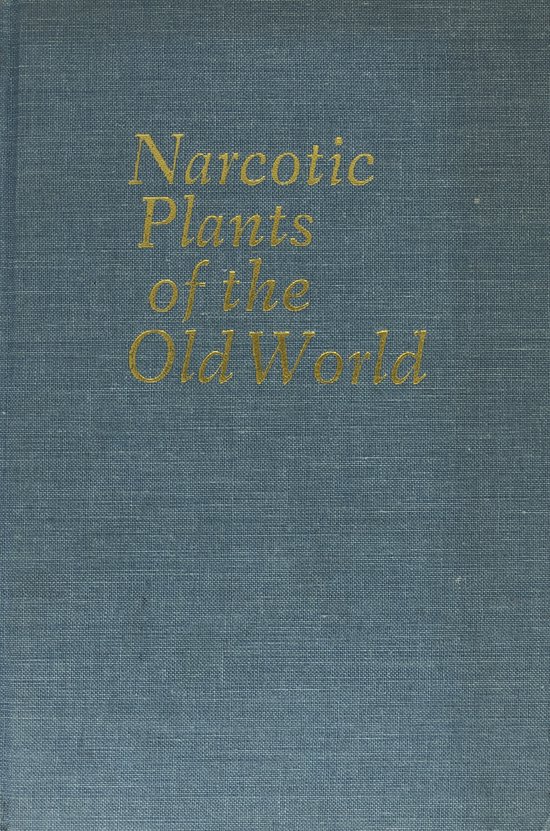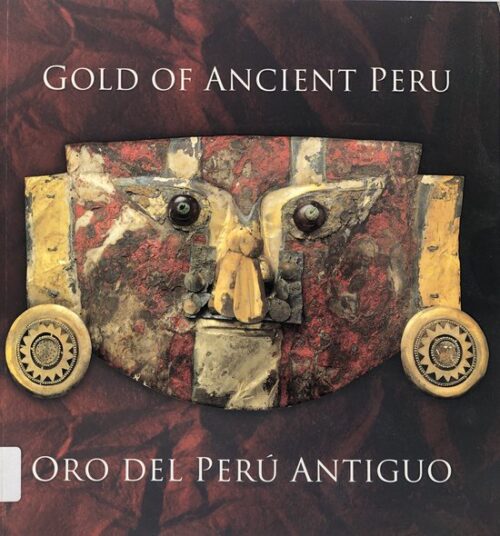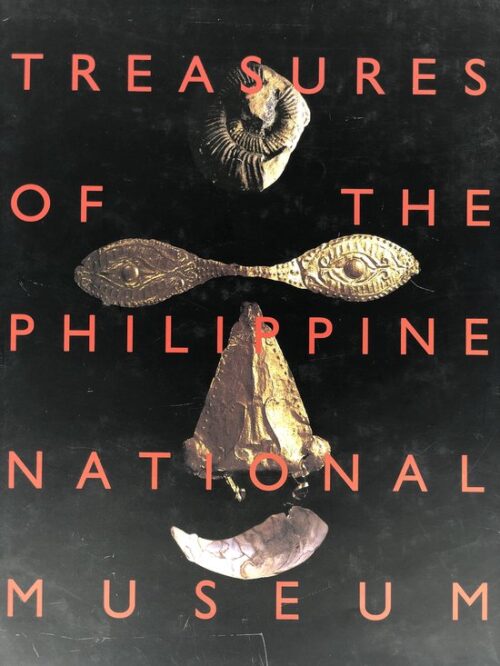Beschrijving
The book “Narcotic Plants of the Old World: Used in Rituals and Everyday Life” by Hedwig Schleiffer explores the cultural, historical, and spiritual significance of psychoactive plants throughout ancient and traditional societies. It presents an anthology of texts from various civilizations, showing how narcotic and mind-altering plants were intertwined with religion, medicine, and daily life. Schleiffer’s work highlights humanity’s enduring relationship with consciousness-altering substances and the ways they shaped early rituals, healing practices, and social experiences. The book discusses a wide range of plants — including opium poppy, hemp, mandrake, henbane, and other botanicals rich in psychoactive compounds — detailing their effects, uses, and symbolic meanings. Through excerpts from ancient writings, myths, and ethnographic accounts, Schleiffer reconstructs how these plants were perceived as both sacred and dangerous, capable of bridging the physical and spiritual worlds. The text reveals how priests, shamans, and healers employed these substances to induce trance states, communicate with deities, or relieve suffering. Beyond its descriptive and historical content, Schleiffer’s book also reflects on the broader human fascination with altered states of mind. It contrasts the reverence for these plants in traditional societies with the growing suspicion and prohibition in later periods. In doing so, it offers not only a botanical or pharmacological account but also a meditation on humanity’s complex moral and cultural relationship with narcotic plants — a relationship that continues to shape our understanding of medicine, spirituality, and consciousness today.






Beoordelingen
Er zijn nog geen beoordelingen.